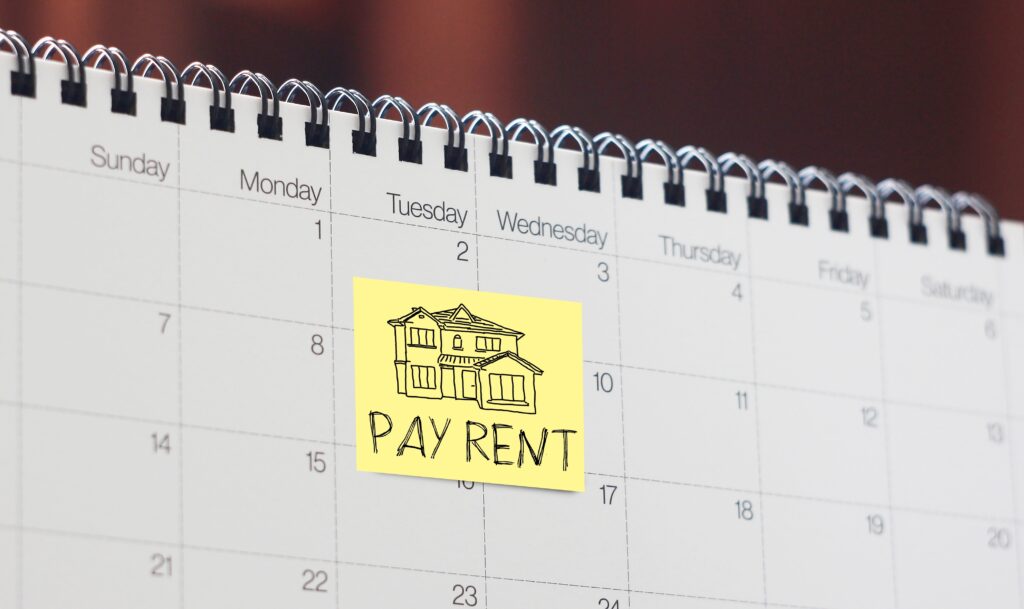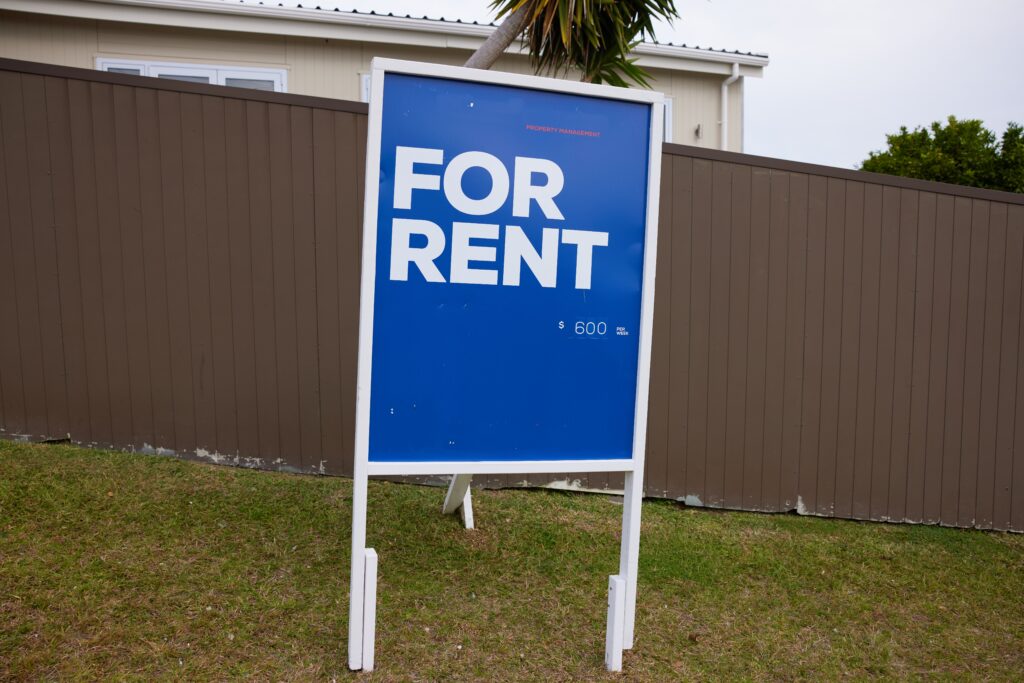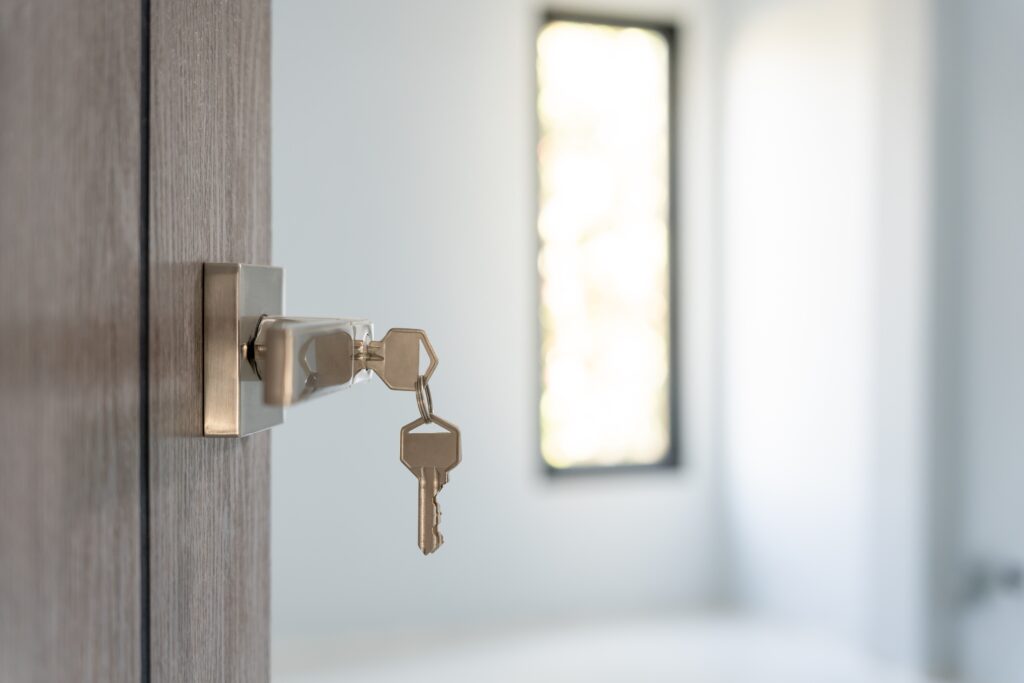
Renting a home or apartment can be challenging when your credit history isn’t perfect. Many landlords rely on credit scores to assess tenants, making it harder for individuals with a low score to secure a rental. However, with the right strategies and preparation, you may still find a place that suits your needs. This article explores how to navigate renting with a bad credit score, covering the common challenges, typical rental terms, and steps to improve your chances of success.
Navigating Poor Credit and Renting
Understanding how a low credit score affects your ability to rent is crucial. Your credit history can be impacted by missed payments, defaults, or high credit balances. Landlords often view a low score as a potential risk, fearing tenants might struggle to pay rent on time. As a result, the rental process might involve more scrutiny or additional requirements compared to applicants with stronger credit histories.
What is Considered Bad Credit?

A credit score below 600 is often considered poor, though landlords’ criteria vary. This score reflects your creditworthiness and is influenced by factors such as payment history, amounts owed, and length of credit history. Some landlords may be more lenient than others, but understanding where your score stands is the first step to preparing for the rental process.
Poor credit doesn’t have to be permanent. By improving your credit, you can increase your chances of securing a rental in the future. Knowing how your credit impacts your options allows you to better prepare and take control of your financial journey.
Typical Conditions to Rent with a Low Credit Score

While individuals can rent with low credit scores, they may encounter stricter terms designed to reduce the landlord’s risk. Knowing these potential conditions will help you prepare and navigate the rental process more effectively.
Common Terms You May Encounter
- Higher Security Deposit: Landlords often require a larger security deposit to cover the risk of renting to someone with a bad credit score. While this can be a financial burden, it helps reassure landlords about potential losses.
- Cosigner Requirement: Some landlords may request a cosigner, someone with strong credit who agrees to take responsibility for the monthly rent if you cannot make payments. Having a cosigner can significantly improve your chances of securing a rental.
- Higher Rent: In some cases, landlords may charge a premium to offset the perceived risk of renting to someone with a low score. You may also be asked for proof of income or to agree to more frequent inspections.
Understanding these potential conditions helps you strategize and negotiate better when looking for a rental. Being upfront about your situation and showing financial responsibility can also help you secure more favorable terms.
How to Rent an Apartment with Bad Credit

Despite the challenges, there are several practical steps you can take to improve your chances of securing a rental, even with a low credit score.
1. Check Your Credit Score
Start by reviewing your credit score. Knowing your score allows you to set realistic expectations and address any issues. You can obtain a free credit report from major credit bureaus annually. Look for any errors or inaccuracies that could be negatively affecting your score. Even minor corrections can make a significant difference.
2. Set a Realistic Budget
Determine your budget based on your income and expenses. A common rule is to spend no more than 30% of your income on rent. Having a clear budget shows landlords that you’re financially responsible, which is especially important when your credit history isn’t ideal. A detailed budget plan that outlines your income, expenses, and savings can also help demonstrate your financial stability.
3. Consider Finding a Cosigner
If you’re struggling to qualify for a rental due to your credit score, consider asking someone with good credit to cosign. A cosigner provides the landlord with added reassurance that rent will be paid on time, opening up more rental options that may otherwise be unavailable.
Additional Rental Options for Tenants with Poor Credit

If you’re having difficulty securing a rental with traditional leasing terms, alternative financing options may help cover the upfront costs or meet lease requirements:
- Rent Loans: If covering the security deposit or the first month’s rent payment is challenging, a rent loan can help. While the interest rate might be higher, rent loans offer flexibility in managing these initial costs.
- Installment Loans: These loans provide fixed monthly payments over a set term, helping cover rental costs like deposits or moving expenses. Installment loans offer predictable repayment, making it easier to budget for other expenses.
- In-House Financing for Rentals: Some property management companies offer in-house financing options that allow you to spread out initial costs across smaller, manageable payments. This can reduce the financial burden of upfront fees.
- Credit Unions: If you’re a member of a credit union, you may have access to more flexible lending options, including loans to cover rental costs. Credit unions tend to offer lower interest rates and better terms than traditional lenders.
These alternative financing options can make it easier to meet your rental obligations, even if your credit score isn’t ideal.
Refinancing Options for Renters with Bad Credit

If your poor credit score improves during your lease, you may have the opportunity to refinance loans or consolidate debts to lower monthly payments. This can free up funds for rent and reduce financial strain. Making consistent payments on time can also boost your credit score, improving your rental prospects for the future.
Strategies to Improve Your Credit for Renting

Taking proactive steps to improve your credit score will not only enhance your rental options but also strengthen your financial future:
- Pay Off Existing Debts: Reducing your debt helps improve your credit utilization ratio, which is a significant factor in determining your credit score. Paying off high-interest debts first can have the most immediate impact.
- Make On-Time Payments: Your payment history heavily influences your credit score. Setting up automatic payments or reminders can help ensure that bills are paid on time, improving your credit score gradually.
- Dispute Credit Report Errors: Regularly check your credit report for errors or outdated information. Correcting these inaccuracies can lead to an immediate improvement in your credit standing.
Considerations for How to Rent a Place with Bad Credit
Renting with a less-than-perfect credit history may require more preparation and flexibility, but it’s far from impossible. By reviewing your credit, setting a realistic budget, and exploring financing options, you can improve your chances of securing a rental. Be prepared for stricter terms, but with persistence and a proactive approach, you can find the rental property that meets your needs.
Apply Today with Wise Loan

If you’re ready to take the next step in renting a property, Wise Loan offers instant funding to help cover upfront rental costs, such as security deposits or the first month’s rent. Wise Loan specializes in assisting individuals with less-than-perfect credit, offering personal loans and installment loans to meet your financial needs.
Whether you need short-term assistance or a more structured repayment plan, we provide tailored solutions that make securing a rental property easier. Our team of experienced professionals offers personalized support, guiding you through the financing process so you can make informed decisions. Don’t let a bad credit score stand in your way—apply today with Wise Loan today and take control of your rental prospects.

